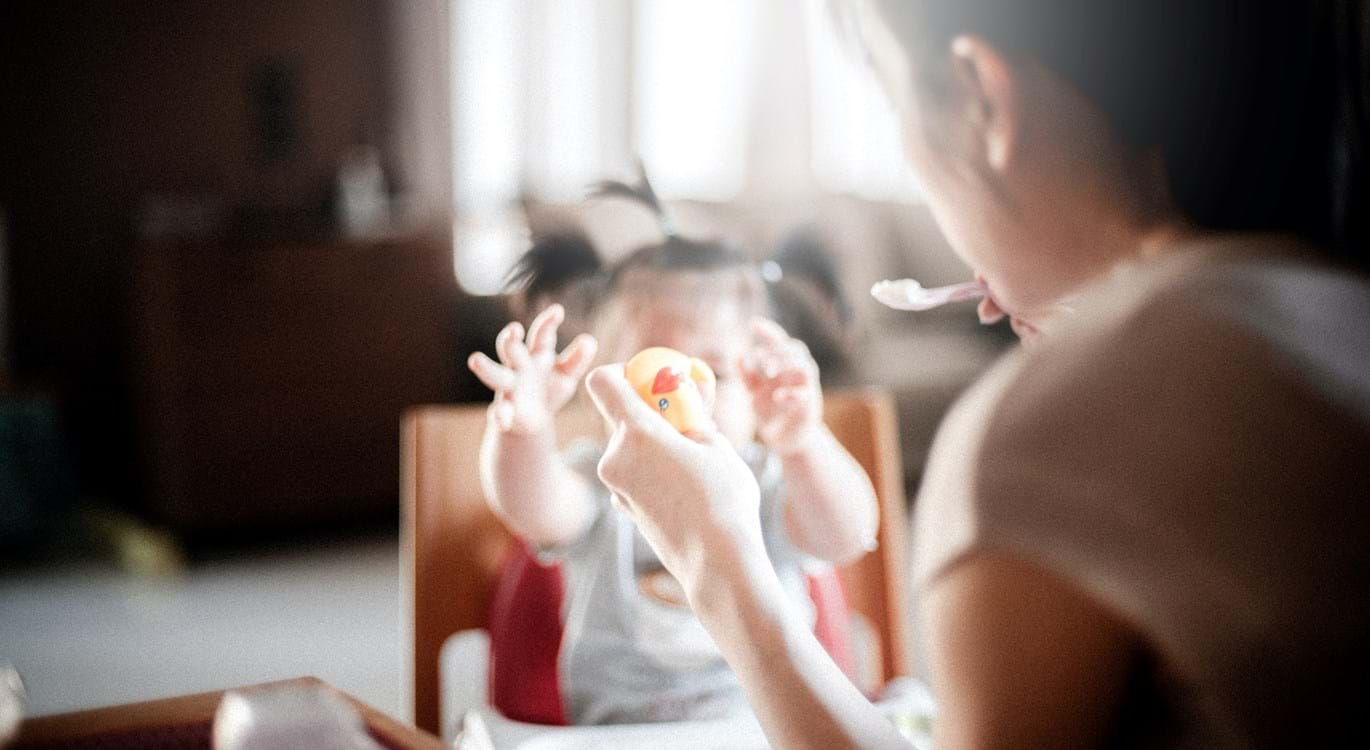Sometimes a quote like this only hits home when you’ve had a chance to ponder it. Three months of total lockdown with my children in the spring of 2020 provoked much reflection on parenting. Our pace of life slowed down and so, too, at least in my perception, did my children’s progress. In fact, in many areas it seemed to go backwards! This resulted in a lot of venting to my long-suffering husband until one night he gently pointed out that our children were not the only ones guilty of complaining!
Children
This got me thinking about the many ways in which raising children is an amazing object lesson of the relationship between God, the perfect heavenly Father, and me, His erring child. Certainly, my children frequently fail to do what I’ve asked but is it possible that my Father has had to patiently teach me the same thing more than once? My kids can be ungrateful and whiny; but do I thank God for all He does and always graciously accept that His way is best? And, yes, my children are infuriatingly careless, sometimes resulting in damage to themselves and to my possessions, but am I perhaps guilty of a lack of appreciation for gifts God has given me, circumstances He has placed me in and people He has put in my life as spiritual guardians? As a result of all the ups and downs last year we started a gratitude jar to encourage our children to think more about what they did have than about what they did not have. I ended up adding to it myself and, at the end of 2020, I emptied it out and reread the entries to remind myself of how good God has been to us and to encourage me that, as we enter another year of uncertainty, He will continue to bless our family in unforeseen ways and through unexpected people.
Family
The idea of family permeates the Bible. In creation, God made a man and a woman and His first recorded words to them were to add children to their partnership and “fill the earth” (Genesis 1:28). He describes the church as “the household of God” and encourages us to view older members as fathers and mothers and the younger ones as brothers and sisters (1Timothy 3:15; 5:1,2). Does my natural family reflect the closeness, unity and commitment these passages suggest? Does my church? It’s clear that family is very important to God and that He envisages all of us not only relating to Him as obedient children but, as we mature in our Christian lives, becoming loving parents to the children (whether natural, spiritual or both) He places in our care.
Parents
Some of the most precious verses in the Bible reveal God’s parent heart:
“Can a mother forget her nursing child? Can she feel no love for the child she has borne? . . . See, I have written your name on the palms of my hands” (Isaiah 49:15,16 NLT).
“‘Is not Israel still my son, my darling child?’ says the Lord. ‘I often have to punish him, but I still love him. That’s why I long for him and surely will have mercy on him’” (Jeremiah 31:20 NLT).
“The Lord, the Lord, a God merciful and gracious, slow to anger, and abounding in steadfast love and faithfulness” (Exodus 34:6 ESV).
If I’m honest, whenever I read of stubborn, wilful and disobedient Israel it’s not hard to draw a parallel with my children’s hearts and my own. But when I consider what these same verses show me about God as a Father – His selflessness, sacrifice, tenderness and unending patience – the comparisons are much harder to make. What a high expectation God has of how parents should feel about and relate to their children! Yet, if He can treat me this way when I have wronged Him far more deeply than ever my own children have wronged me, then surely I can strive to follow His example? There are so many small but significant ways I can show my children they are precious to me. Working from home during the pandemic has meant far more meals together as a family and this has given us an opportunity to put our phones down, ask our children about their days and show we value them by listening to them. We’ve also started to sing and pray with our kids more at the table and try to thank God for specific aspects about each of them. What better way to let them know that we care for them than by committing them to the God who cares for us all?
Spending so much time together has been intense but it has made me realise that child-raising (again whether of natural children or of younger Christians in our churches) needs to permeate every part of life; God created the family unit and models it Himself. If I have been guilty of thinking of parenting as merely an “add-on” to other roles, then the fact that God chose the parent-child relationship to illustrate His feelings for His redeemed people should challenge and humble me! C.S. Lewis (who, interestingly, had no natural children yet influenced the lives of so many with his wonderful books) sums it up well:
“Children are not a distraction from more important work; they are the most important work”.



























